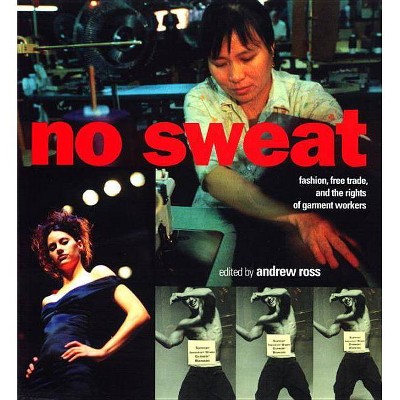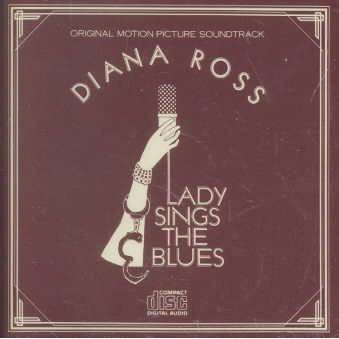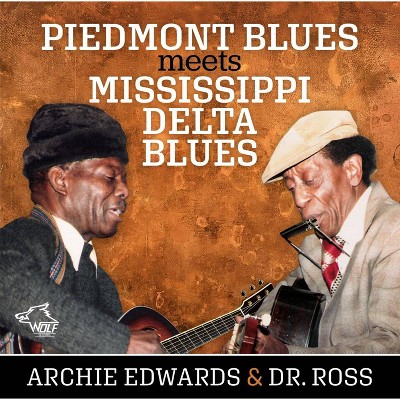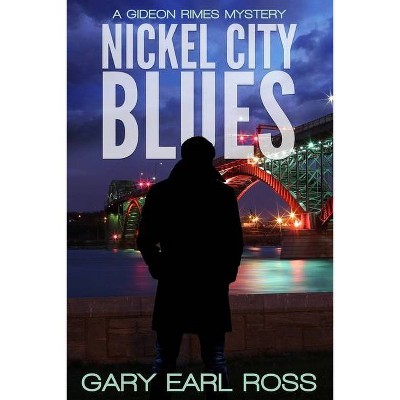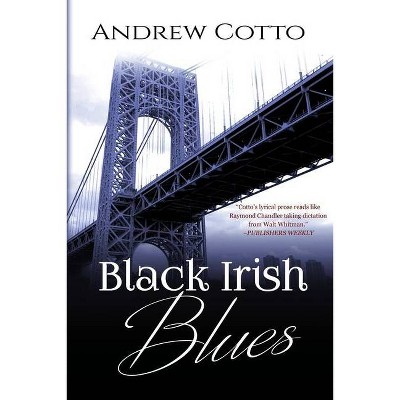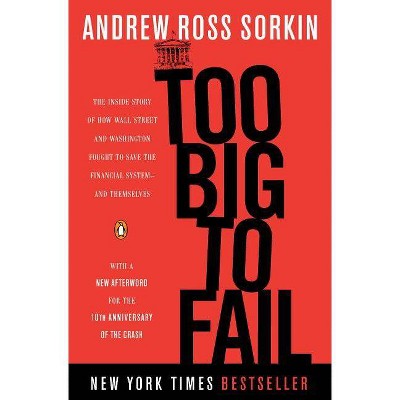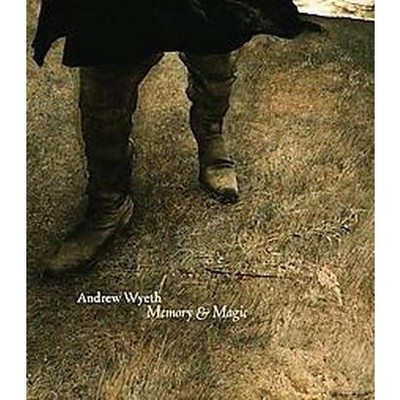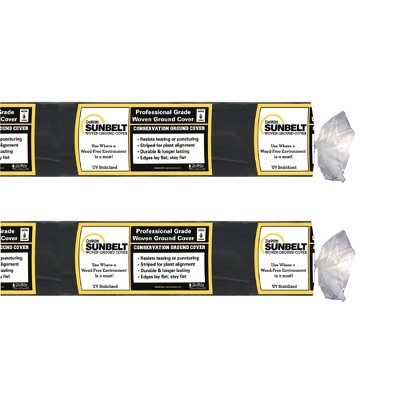Sunbelt Blues - by Andrew Ross (Hardcover)

Similar Products
Products of same category from the store
AllProduct info
<p/><br></br><p><b> About the Book </b></p></br></br>"Today, a minimum-wage earner can afford a one-bedroom apartment in only 28 out of 3,140 counties in America. The single worst place in the United States to look for affordable housing is Osceola County, Florida. Once the main approach to Disney World, where vacationers found lodging on their way to the Magic Kingdom, the fifteen-mile Route 192 corridor in Osceola has become a site of shocking contrasts. At one end, absentee investors snatch up foreclosed properties to turn into extravagant vacation homes for affluent visitors, destroying affordable housing in the process. At the other, underpaid theme park workers, displaced families, and disabled and elderly people subsisting on government checks are technically homeless, living crammed into dilapidated, roach-infested motels or even in tent camps in the woods. Through visceral, frontline reporting from the motels and encampments dotting central Florida, renowned sociologist Andrew Ross exposes the overlooked housing crisis sweeping America's suburbs and rural areas, where residents suffer ongoing trauma, poverty, and nihilism. As millions of renters face down evictions and foreclosures in the midst of the COVID-19 recession, Andrew Ross reveals how ineffective government planning, property market speculation, and poverty wages have combined to create this catastrophe. Immersive and compassionate, Sunbelt Blues finds in Osceola County a bellwether for the future of homelessness in America"--<p/><br></br><p><b> Book Synopsis </b></p></br></br><p><b>An eye-opening investigation of America's rural and suburban housing crisis, told through a searing portrait of precarious living in Disney World's backyard.</b> <p/>Today, a minimum-wage earner can afford a one-bedroom apartment in only 145 out of 3,143 counties in America. One of the very worst places in the United States to look for affordable housing is Osceola County, Florida. <p/>Once the main approach to Disney World, where vacationers found lodging on their way to the Magic Kingdom, the fifteen-mile Route 192 corridor in Osceola has become a site of shocking contrasts. At one end, global investors snatch up foreclosed properties and park their capital in extravagant vacation homes for affluent visitors, eliminating the county's affordable housing in the process. At the other, underpaid tourist industry workers, displaced families, and disabled and elderly people subsisting on government checks cram themselves into dilapidated, roach-infested motels, or move into tent camps in the woods. <p/>Through visceral, frontline reporting from the motels and encampments dotting central Florida, renowned social analyst Andrew Ross exposes the overlooked housing crisis sweeping America's suburbs and rural areas, where residents suffer ongoing trauma, poverty, and nihilism. As millions of renters face down evictions and foreclosures in the midst of the COVID-19 recession, Andrew Ross reveals how ineffective government planning, property market speculation, and poverty wages have combined to create this catastrophe. Urgent and incisive, <i>Sunbelt Blues</i> offers original insight into what is quickly becoming a full-blown national emergency.</p><p/><br></br><p><b> Review Quotes </b></p></br></br><br><p>"Andrew Ross cruises Florida's Route 192, a motel hell where Disney World's low-wage service workers struggle desperately for shelter. This microcosm, vividly and compassionately observed, is the portal to a commanding analysis of the national housing crisis that has pushed millions to the brink of homelessness. Ross particularly targets the vampire-like role played by private equity firms in constricting the supply of affordable housing in the wake of the Great Recession. This powerful exposé should be required reading for all progressives."<br><b>--Mike Davis, </b> author of <i>City of Quartz</i> and <i>Ecology of Fear<br></i><br>"<i>Sunbelt Blues</i> is a must-read--gripping and engrossing, analytically illuminating, and unflinchingly humane. By focusing on one strip of highway in Florida and its diverse and fascinating inhabitants, Andrew Ross offers a vivid and compelling portrait of the whole country at a crossroads. The American dream of owning a home is fading away, replaced by a geography of extremes: luxury homes, second homes, and part-time vacation rentals on one side; Wall Street-owned rental units, downscale extended-stay motels, and homeless encampments on the other. The stories of the people Ross meets and their struggles to find a place to live and rest bring the housing crisis to life, revealing the folly and cruelty of treating shelter as a speculative asset."<br><b>--Astra Taylor, </b> author of <i>Democracy May Not Exist, but We'll Miss It When It's Gone</i> <p/>"Written from the front lines of the housing crisis, amidst the motels and homeless camps that constitute shelter for a growing number of Americans, this book is a painfully beautiful exposition of social insecurity. Not only is such housing precarity systematically produced by the inequalities of the new economy, but also it serves as an opportunity for real-estate grabs by Wall Street investors. What is needed, Ross argues, is a breadth of vision that pivots away from market models and reimagines housing as a human right."<br><b>--Ananya Roy, </b> director, Institute on Inequality and Democracy at UCLA</p><br><p/><br></br><p><b> About the Author </b></p></br></br><b>Andrew Ross</b> is a professor of social and cultural analysis at New York University and a social activist. A contributor to the <i>New York Times</i>, the <i>Guardian</i>, and the <i>Nation</i>, he is the author of many books, including <i>The Celebration Chronicles</i>, <i> Bird on Fire: Lessons from the World's Least Sustainable City</i><i>, </i> and <i>Nice Work if You Get It: Life and Labor in Precarious Times.</i>
Price History
Price Archive shows prices from various stores, lets you see history and find the cheapest. There is no actual sale on the website. For all support, inquiry and suggestion messagescommunication@pricearchive.us
